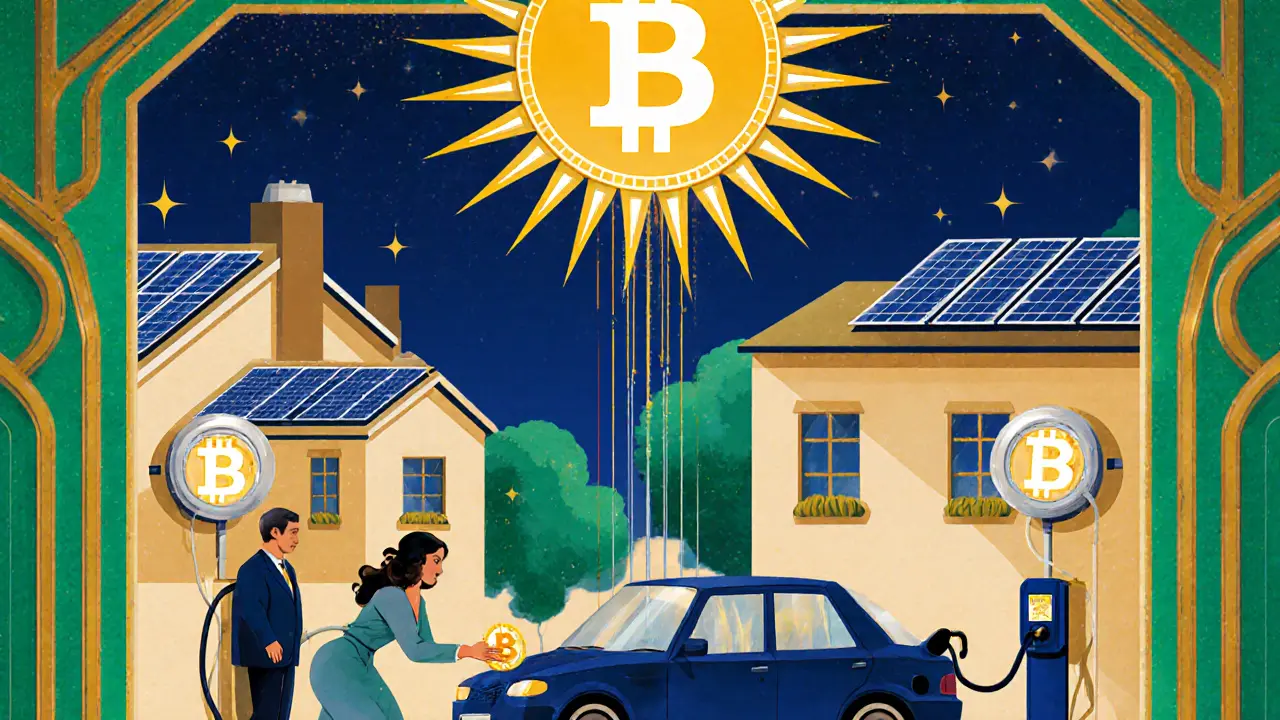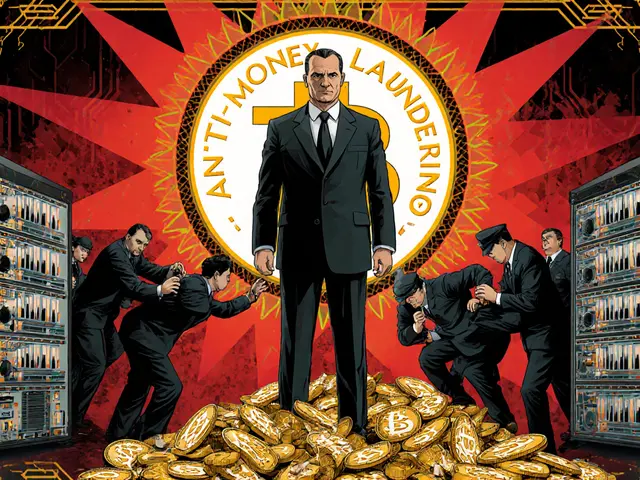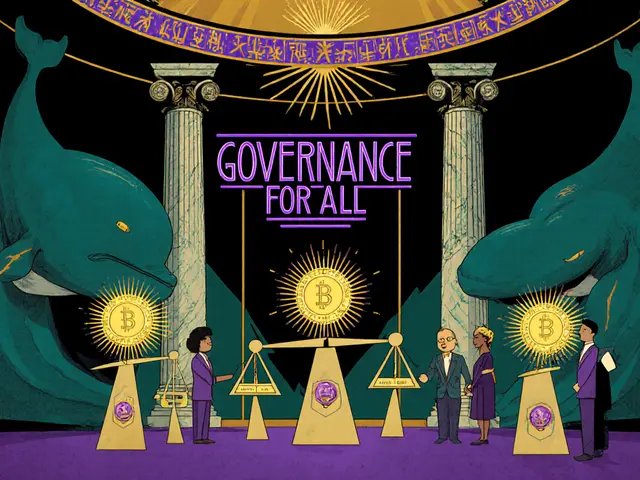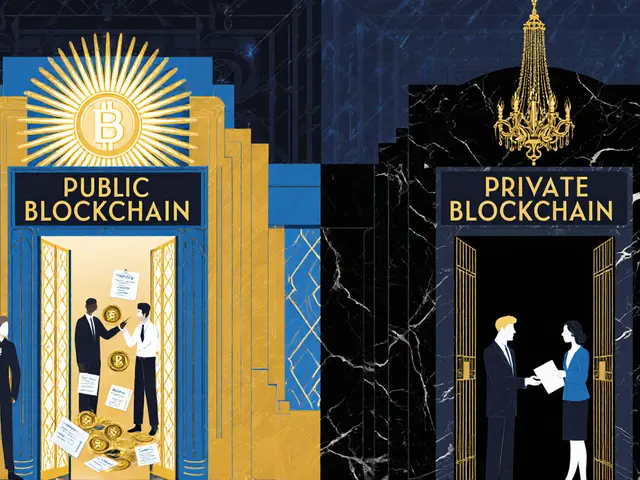Peer-to-Peer Energy: How Crypto Is Powering Decentralized Electricity
When you think of peer-to-peer energy, a system where homeowners and businesses trade excess electricity directly without a utility company acting as middleman. Also known as P2P energy trading, it’s not just theory—it’s happening right now, powered by blockchain and crypto tokens. Imagine your solar panels generating more power than you need. Instead of selling it back to the grid for pennies, you sell it to your neighbor for crypto. No bureaucracy. No middlemen. Just direct, transparent exchanges recorded on a public ledger.
This isn’t science fiction. Projects like blockchain energy, using distributed ledgers to track and settle energy transactions in real time are already live in Australia, Germany, and parts of the U.S. These systems rely on tokens—often built on Ethereum or other smart contract platforms—to represent kilowatt-hours. When you trade energy, you’re actually trading a digital asset tied to real-world power. That’s where crypto energy, the use of cryptocurrency to enable and incentivize decentralized power networks comes in. Tokens can reward users for producing clean energy, paying for grid services, or even helping stabilize local networks during peak demand.
Why does this matter? Because traditional energy grids are slow, centralized, and wasteful. Peer-to-peer energy flips the script. It turns consumers into producers. It gives people control over their power bills. And it rewards sustainability with real value. The crypto projects behind this aren’t just speculative tokens—they’re infrastructure. Think of them like digital utility meters that also act as payment systems. The same tech that powers DeFi and NFTs is now being used to move electrons.
What you’ll find below are real examples of how this is playing out: crypto tokens tied to energy production, platforms enabling direct power sales, and projects trying to solve the biggest hurdle—making it simple enough for everyday people to use. Some are groundbreaking. Others are hype. All of them show where the future of energy is headed: decentralized, digital, and driven by the people who use it.
Benefits of Blockchain Energy Trading
Blockchain energy trading lets households and businesses buy and sell renewable power directly, cutting costs, reducing waste, and empowering communities with transparent, automated peer-to-peer energy markets.





